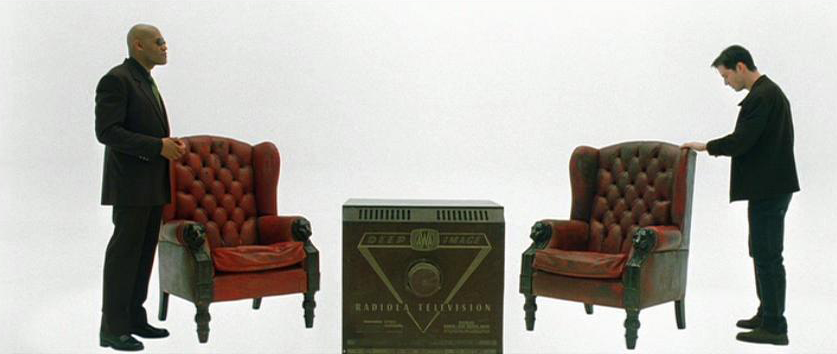The Oracle of Omaha once wrote, “It has been far safer to steal large sums with a pen than small sums with a gun” (1988 Chairman’s Letter to Shareholders).
This statement rings loud and clear in an era where entrepreneurs have amassed humongous amounts of illicit wealth by siphoning off shareholders’ money or diverting proceeds from lenders for personal purposes, leaving no distinction between corporate net worth and their own.
The greed for a lavish life, the desire to meet analysts’ quarterly expectations, to drive up the stock price (they benefit from stock options) makes corporate frauds an endless battle to fight against.
Howard Schilit in his book, ‘Financial Shenanigans’ has very well illuminated the multiple ways by which it is highly possible to dress the financial results and manipulate numbers and stock price.

